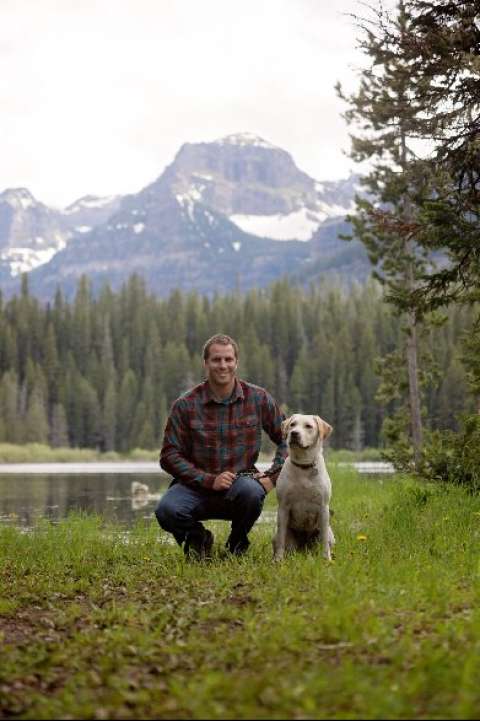What inspired me to write this series was reading the end of the Inheritance Cycle, by Christopher Paolini. When I first heard about Eragon I was in middle school and heard that a sixteen-year-old kid from Livingston, Montana had written a story about a young man whose fate is altered when he finds a dragon’s egg in the woods. I grew up in Bozeman, the neighboring town just twenty miles from Livingston. When I would go hiking or kayaking in the Paradise Valley outside Livingston, I would imagine myself in Paolini’s books, acting out scenes in my head in the very place where he created the story.
When the books ended, I needed more. Not knowing much about publishing at the time, I decided to create my own story about a dragon rider. Being in high school and struggling with my level of comprehension in the written word, I gave up after writing six chapters. I decided to pursue other goals and didn’t revisit the idea of finishing the story until I had graduated from college. Once I researched more about publishing and the options available to independent authors, I decided to go for it. My thoughts were if I can do this, even if nobody reads it but me, I will have accomplished something great given my mental obstacle for reading and writing. After finding the inspirational podcast by Joanna Penn and listening to the hundreds of guest speakers on her show, I followed their advice and just kept working at it. Since I started writing consistently, I haven’t stopped. I finished book one in about six months and since book one has come out, I’ve published two more novels and one novella. With the advice of Joanna Penn and the teachings of Mark Dawson’s courses, I have turned writing into a career.
Readers can expect a fourth and final book in the Bond of a Dragon series to come in 2020 as well as two new fantasy series. I’m excited to complete the first novel in my Bonnie Glock series, featuring a private detective who solves crimes committed by wizarding criminals in their adjacent non-wizarding world. I’ll also be working on my new epic fantasy series that will be centered around humans living in a world created by and for dragons. Over the next year, I hope to publish at least one book every three to five months depending on how long the book will be. Each of my new series will feature a free short story or two to give people a sneak peek into the worlds I’m creating. As ever, I’ll continue to focus on mastering the art of storytelling while publishing as many high-quality works as I’m able.
If you would like to know more about me or want to connect you can keep tabs on social media or connect with an email. I love hearing from readers whether it just be to say hello or a critique of my writing.


